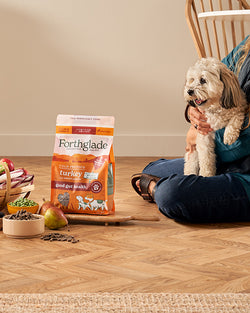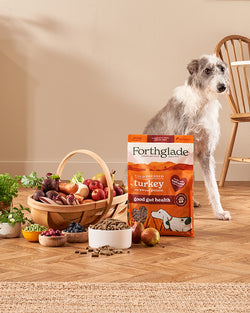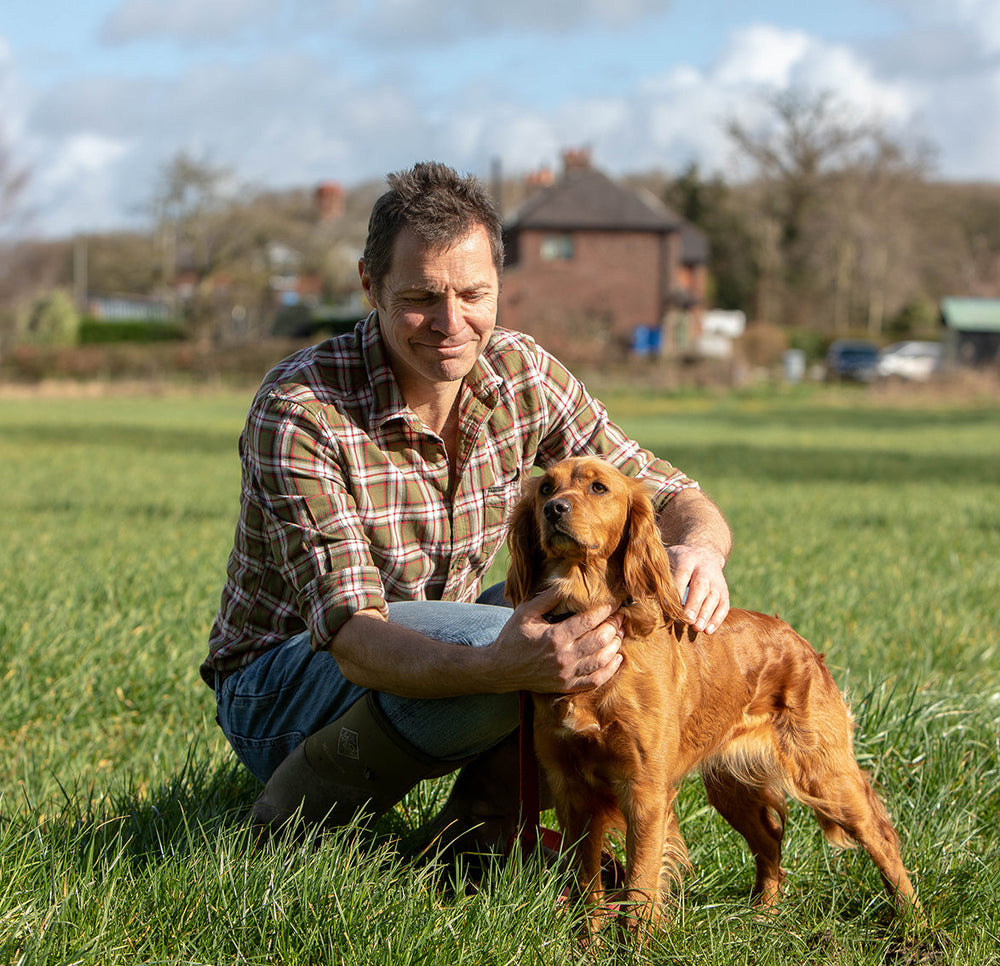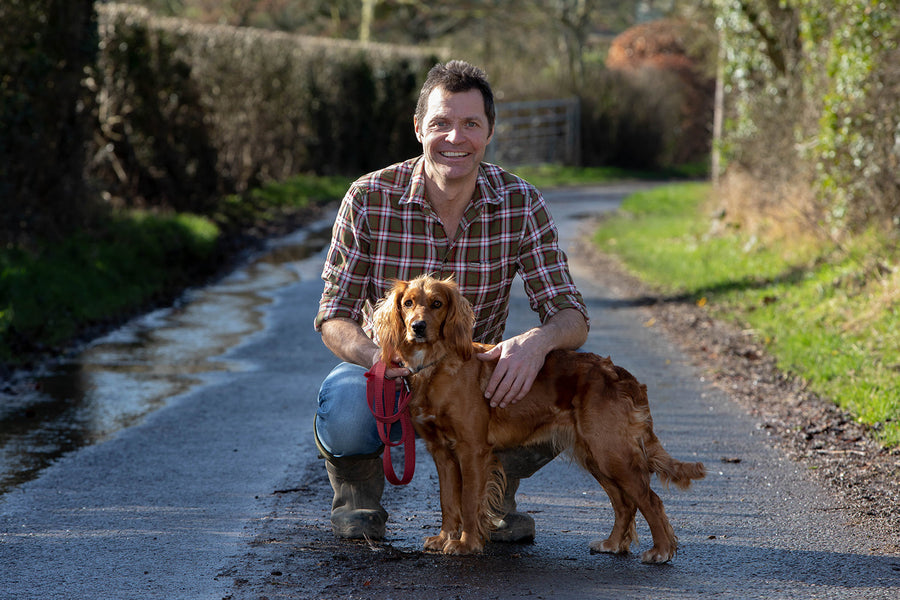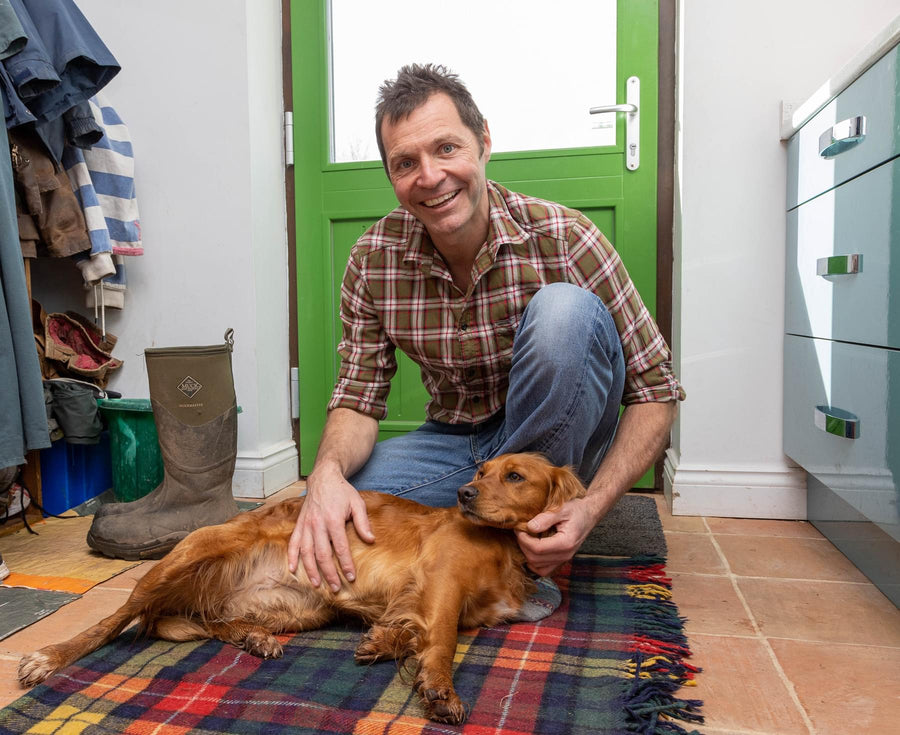Do you have any advice on how to encourage dogs that don’t enjoy walking, or struggle physically?
If your dog hasn’t been used to regular exercise, it’s important to build up activity gradually to avoid injury. Dogs with a limp, or stiff joints, may need some pain relief to help with exercise - speak to your vet for advice on how to manage this. Non-load bearing exercises such as swimming or hydrotherapy may be better for dogs with sore joints.
It may also be surprising to learn that dogs with arthritis benefit hugely from shorter, more frequent walks of around 15 minutes, 5-6 times daily. Frequent, gentle activity can help strengthen joints and reduce stiffness, whilst longer, more infrequent walks may result in more stiffness and pain the following day.
It’s important to gradually increase walking times and to maintain consistency. If your dog appears breathless while exercising, this may be due to heart or respiratory disorders. It’s best to get your vet to check this out and advise on the safest ways for your dog to exercise.










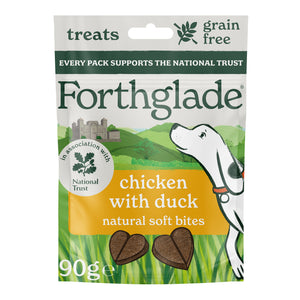









 Over 9,000 5* Reviews
Over 9,000 5* Reviews
 Subscribe for 10% Off Every Order
Subscribe for 10% Off Every Order



